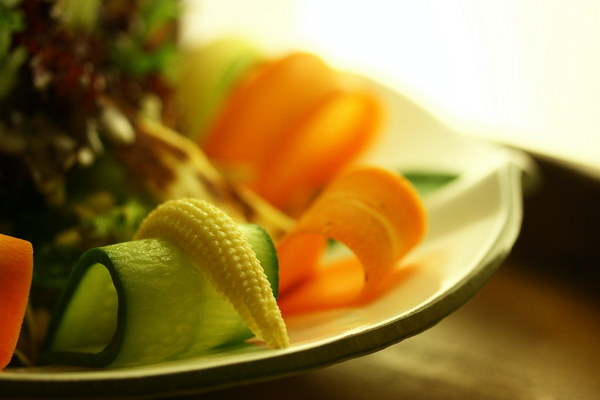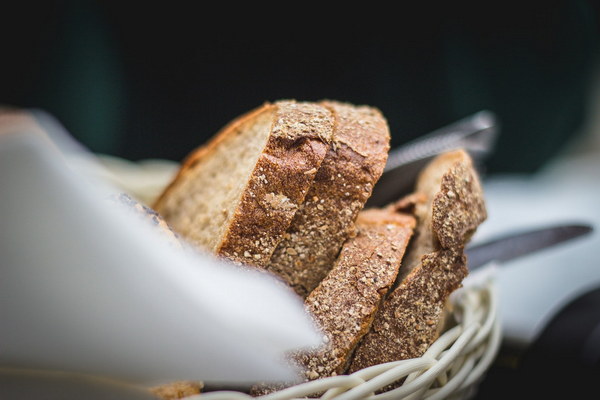Does Dampness Removal Reduce Hair Loss Exploring the Connection Between Traditional Chinese Medicine and Hair Health
In recent years, hair loss has become a common concern for many individuals, leading to a surge in interest in various treatments and preventive measures. One of the most intriguing theories that have gained popularity is the concept of dampness removal, a principle from traditional Chinese medicine (TCM). This article aims to explore the connection between dampness removal and hair loss, delving into the scientific evidence and practical tips to help you understand whether this ancient practice can indeed reduce hair loss.
Understanding Dampness in TCM
In TCM, dampness is considered an internal imbalance that can lead to various health issues, including hair loss. According to TCM, dampness is a substance that accumulates in the body, causing discomfort and disrupting the normal physiological functions. It can be caused by factors such as excessive intake of cold and damp foods, exposure to damp weather, and poor lifestyle habits.
The Connection Between Dampness and Hair Loss

According to TCM, dampness can affect the scalp, leading to hair loss. This is because dampness can impede the flow of Qi (vital energy) and blood, which are essential for healthy hair growth. When Qi and blood are blocked, the hair follicles may become weak and susceptible to damage, leading to hair loss.
Scientific research has not yet fully confirmed the direct link between dampness and hair loss. However, some studies suggest that certain TCM treatments, such as herbal remedies and acupuncture, may help improve hair health by promoting blood circulation and reducing inflammation in the scalp.
Traditional Treatments for Dampness Removal
1. Herbal Remedies: TCM practitioners often prescribe herbal formulas to remove dampness and promote hair growth. These formulas typically contain herbs like astragalus, rehmannia, and licorice root, which have been used for centuries to enhance the body's ability to expel dampness.
2. Acupuncture: Acupuncture involves inserting fine needles into specific points on the body to stimulate Qi flow. This ancient technique may help improve blood circulation, reduce inflammation, and alleviate symptoms of dampness, including hair loss.
3. Diet and Lifestyle: Adjusting your diet and lifestyle can also help remove dampness from the body. Avoiding cold and damp foods, such as raw fruits and vegetables, and incorporating warm, nourishing foods like ginger, garlic, and turmeric into your diet can be beneficial. Additionally, regular exercise, adequate sleep, and stress management can help maintain a balanced body and reduce the risk of dampness-related hair loss.
Conclusion
While the direct link between dampness removal and hair loss remains unconfirmed by scientific evidence, many individuals have found relief from hair loss by incorporating TCM practices into their treatment plans. By addressing the root cause of hair loss, such as dampness, TCM can help improve overall hair health and promote hair growth.
It is essential to consult with a qualified TCM practitioner before starting any treatment, as they can provide personalized advice based on your specific condition. By combining TCM with other hair loss treatments, you may be able to achieve healthier, stronger hair and a better quality of life.









